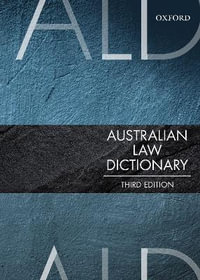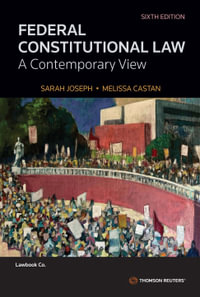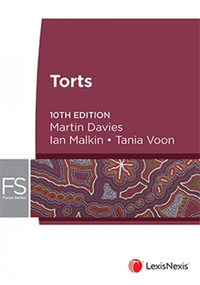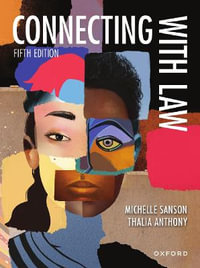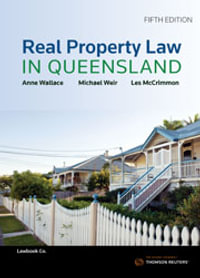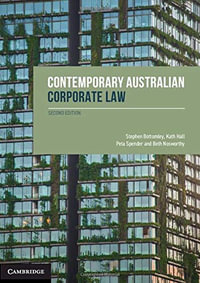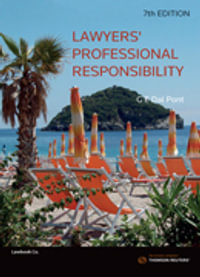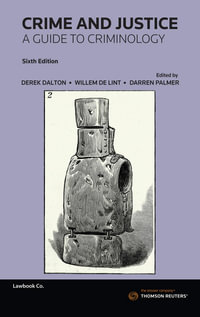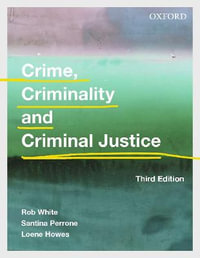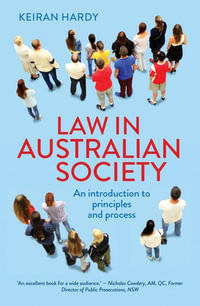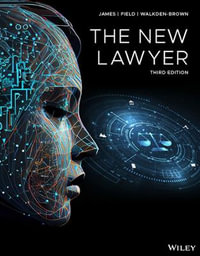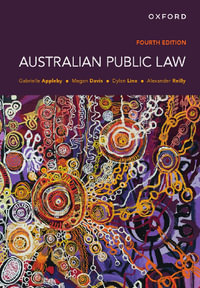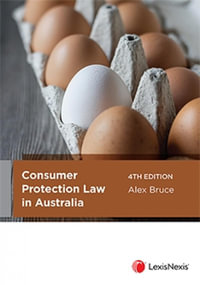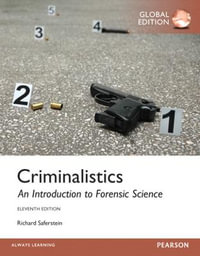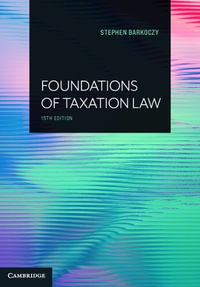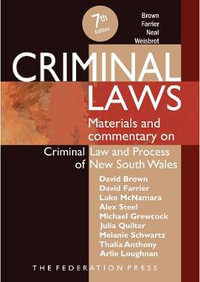Evidence law in the three “common law” states of Queensland, South Australia and Western Australia is the prime focus of this book, highlighting their similarities and differences. Additionally the book compares and contrasts the evidence law of these states with the uniform evidence legislation.
Each of the 12 chapters traverse key concepts, case law and legislation, with generous use of headings to guide readers in a logical and easy- to- read style. The publication is an excellent teaching tool and includes active learning questions and problem scenarios which can be discussed during evidence courses. The book is also a practical resource for busy legal practitioners who need to gain a quick understanding of particular evidentiary issues.
Specific features of this book included within the 12 Chapters are:
- Tables summarising the main common law judicial discretions governing exclusion of relevant evidence and the equivalent uniform evidence provisions.
- Special and vulnerable witnesses giving evidence - law and practice.
- Privileges of confidential communications, counselling, religious confessions, shield for journalist sources in Qld and SA, and parliamentary proceedings; public interest immunity in AB (a pseudonym) v CD (a pseudonym).
- Consideration of the propensity or similar fact cases of Hughes v The Queen and The Queen v Dennis Bauer (A Pseudonym); analysis of the rebuttable presumption for child sexual offences in s 97A for NSW.
- Legislation and cases as to when evidence of bad character of an accused is allowed; failure to adduce good character in Xu v The Queen; discussion of the High Court case of Pell v The Queen on the unreasonableness ground of appeal.
- When opinion evidence may be admitted from lay persons or ‘Ad hoc’ experts; differing procedures and warnings which are required for admission of identification evidence.
- Discussion of discretion to exclude identification evidence in The Queen v Dickman.
- Full discussion and summary of the leading cases on hearsay, exceptions and implied assertions; when “res gestae” evidence is admissible as a hearsay exception or as original evidence.
- Judicial discretion to exclude a voluntary confession; confessions and failure to understand the caution; unfairness discretion in Sindoni v The Queen; distinction between formal and informal admissions; implied admissions in TWR v Western Australia; directions to the jury on lies and post offence conduct.
- Discussion of High Court case of Kadir and Grech v The Queen on illegally obtained evidence.

